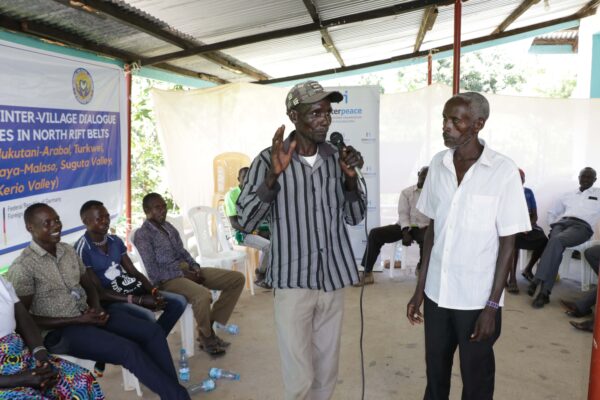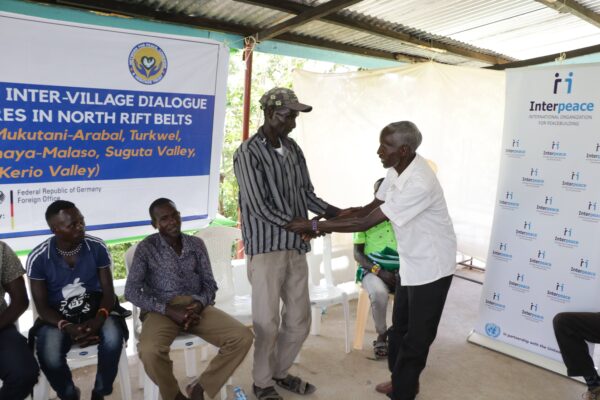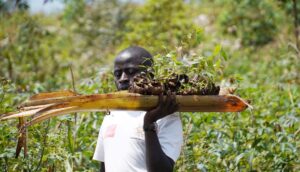A community united against suicides in Burundi's Gitega Province
In the central region of Burundi's Gitega province, the Bugendana community is facing a significant challenge. There has been a considerable increase in suicide cases, which has brought about a serious concern for the area. With an average of four lives lost each month, the suicide phenomenon has become a pressing concern that correlates with health, peace, democracy, and inclusive development, prompting urgent collaborative action.
Bugendana, a commune with a population of 121,401 and a density of 409 inhabitants per square kilometre, bears the scars of Burundi's tumultuous past. During the inter-ethnic violence that afflicted the country in the 1990s, this region was severely affected, leaving deep psychological wounds that have yet to heal. The lingering effects of these crises have impacted the mental health and psychosocial well-being of the population, intensifying existing challenges.
Recognising the gravity of the situation, the communal administrator of Bugendana acknowledged, "The phenomenon of suicide is a reality...the rates are even higher compared to the suicide rates recorded in other communes...we still do not know the causes of this phenomenon."
However, in the face of adversity, a positive development has emerged from within the community itself. The Bugendana community group, with support from the Synergy for Peace III project, which seeks to facilitate inclusive and collaborative livelihood and social cohesion initiatives, has come together to confront this crisis. Identifying the suicide issue as a priority, they have developed an action plan to tackle the problem.
The local administrator, who is also a member of the Bugendana community group, participated in the discussions and stressed the urgent need for action: "We need to run awareness campaigns and organise psycho-emotional support activities for the family members of people who have committed suicide. Hill administrators should also be equipped with the skills they need to identify signs of distress among people in their communes so that they can intervene as quickly as possible."
Collaborating closely with local authorities, the Bugendana community group has identified individuals experiencing suicidal thoughts or whose family members have committed or attempted suicide. They plan to provide them with psychosocial support through community healing spaces. These spaces will also welcome other community members going through difficult periods in their lives. They will serve as sanctuaries for those grappling with distress, providing much-needed solace and hope for the future.
The initiative has received commendation from both community members and the administration. The head of Bugendana commune commended the initiative, affirming: "Beyond community awareness-raising, the healing spaces will carry out targeted and in-depth support interventions to better respond to the phenomenon of suicide in this community."
As the Bugendana community unites to confront the devastation of despair, their efforts resonate with the power of grassroots initiatives in building a brighter future. If successful in reducing suicide rates and promoting mental health, this initiative could serve as a beacon of hope, inspiring replication in other provinces and even nationwide.
In a context where psychological trauma is prevalent, community-led efforts to promote mental health and psychosocial well-being are not only crucial but also a testament to the resilience of the human spirit. The journey of the Bugendana community is one of healing, unity, and the unwavering determination to reclaim their collective well-being from the depths of despair.






